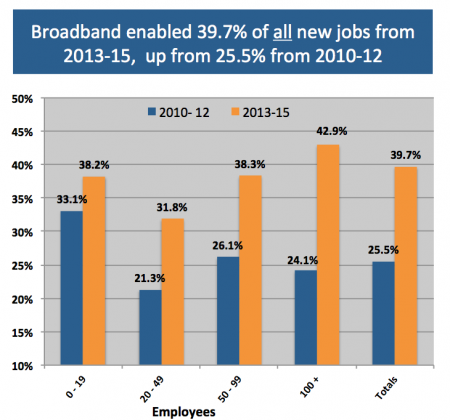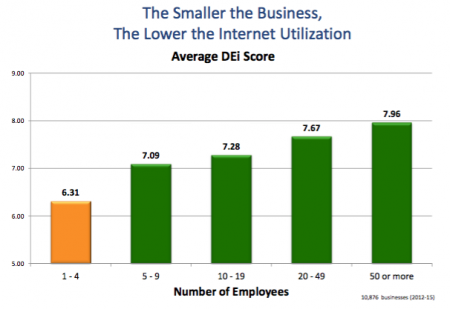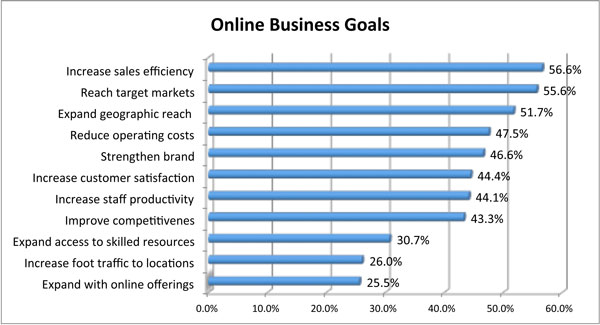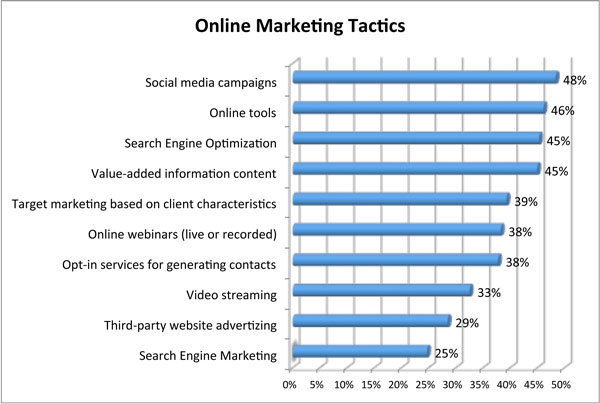Beyond Gigafying
The Demand Side of Broadband and the Jobs it Creates
While the world seems to be obsessed with the “supply side” of broadband, SNG is focused on the less considered and studied “demand” side and Internet utilization. Sometimes it seems we are a foreigner in the land of gigafyers.
It is not that we don’t support or recognize the critical need for speed, reliability, and availability – quite the contrary, it is critical infrastructure. But our research shows that no matter what the speed availability is, small businesses (according to the 2010 US census, 92% of American businesses) are falling behind.
So what do we mean by falling behind? We’re not talking Netscape browsers and AOL email addresses, as much as an inability to keep up with online business practices. Larger businesses are utilizing the Internet faster and more effectively than their smaller counterparts. There are a variety of reasons for this, including a gap in understanding the benefits of and what is required to implement Internet applications. This is occurring at both the micro (business) and macro (regional) level.

What’s needed is for businesses to see the value in adopting new Internet practices. They don’t know what they don’t know – missing growth opportunities for their business and slowing job creation in your region. Furthermore, when they do understand the benefits of Internet applications, they are often stretched too thin to choose and implement the right solution(s) for their operation.
If you are interested in economic development in your area, you’re missing out on job creation if you aren’t doing more to bridge the digital divide that exists in small businesses today.
Looking at SNG’s job creation statistics across nine states reveals that Internet utilization has been a huge driver in job creation in organizations across the board since 2010. Between 2010-12, the percentage of jobs created within small businesses was highest (33%) for businesses with less than 20 employees.
Since then, job growth within those small businesses has slowed. Meanwhile larger organizations have been faster at implementing Internet applications and are seeing a significant bump in Internet-enabled jobs. For businesses with 100 plus employees, that jump has been 18% during the past two years. In fact, the smaller the business, the slower the growth of jobs and every other business size classification is seeing slower job growth. For businesses with less than twenty employees, who were the biggest creators of jobs in 2010-12 there has only been a five percent rise between 2013-15.
If your organization is dedicated to proactive economic development by helping businesses grow – helping them better capitalize on the Internet should be a key component in your efforts. Be it through group training or a more one-on-one vehicle like SNG’s Small Business Growth Program that shows the financial impacts of broadband utilization – you need to ‘lead your businesses to water’ and show them not only new speeds of broadband, but what they should be doing to be competitive and what the ROI is from increasing their utilization of Internet applications.

 With fewer resources, smaller businesses are less likely to truly comprehend how the Internet can benefit their business, whether they are a small retailer or manufacturer. Our research also reveals that the cost to implement an esolution (e.g. a website) can be prohibitive to deployment or utilization. What our
With fewer resources, smaller businesses are less likely to truly comprehend how the Internet can benefit their business, whether they are a small retailer or manufacturer. Our research also reveals that the cost to implement an esolution (e.g. a website) can be prohibitive to deployment or utilization. What our 


